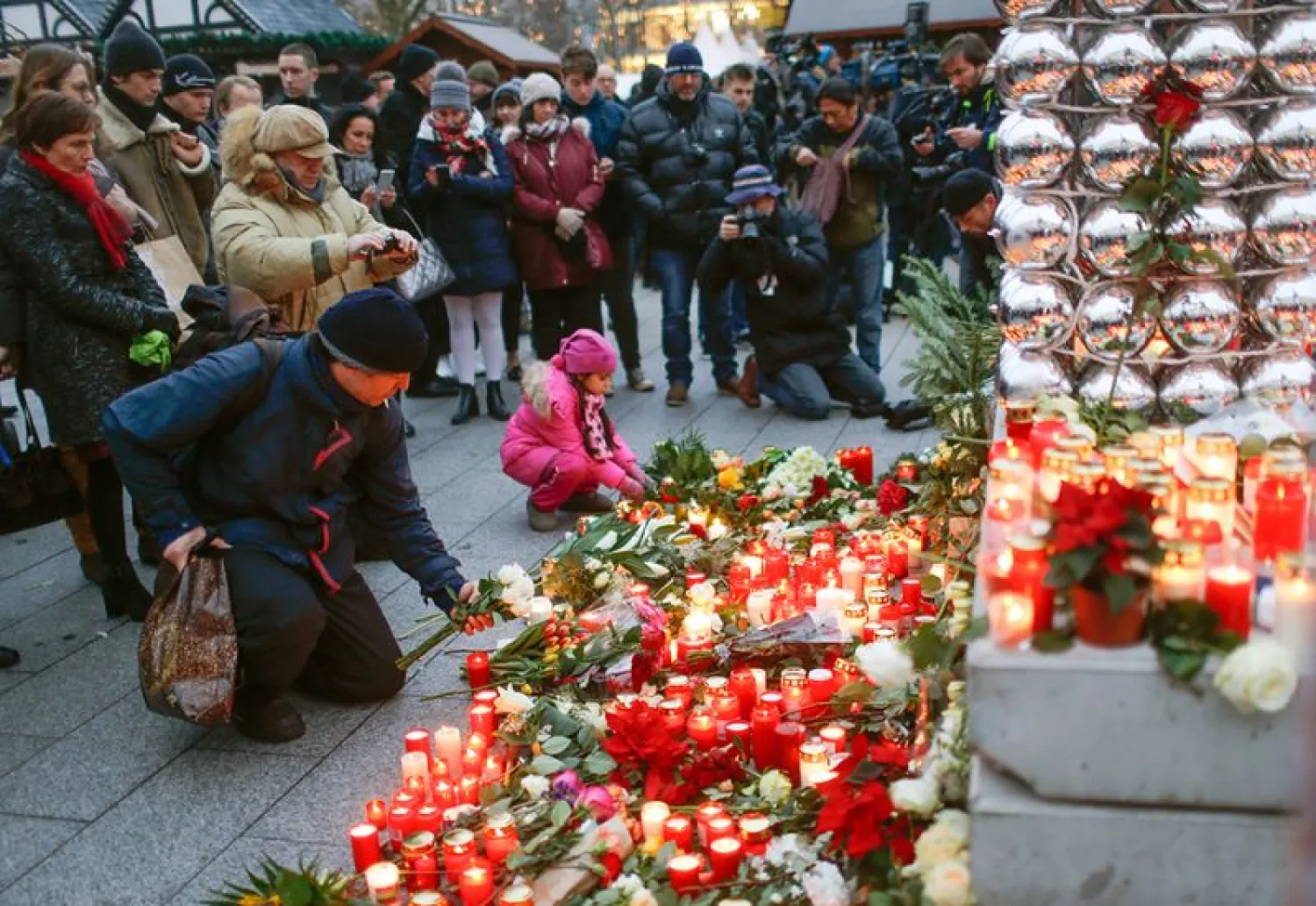A recent report published by the Soufan Center — a Washington-based security intelligence consultancy group— warned of possible terrorist attacks in Europe and elsewhere, in the wake of the return, from Syria and Iraq, of at least 5,600 citizens or residents from 33 different countries, accounting for about 15 percent of the militants.
The report entitled, “Beyond the Caliphate: Foreign Fighters and the Threat of Returnees,” released this week by the Center, said that the return of militants represented a tremendous challenge to the security bodies in the respective countries, pointing out that more than 40 thousand foreigners have joined ISIS before and after the announcement of the formation of the alleged 'Caliphate' in June 2014, and that some of them would remain committed to “violent jihad”, as called for by ISIS and al-Qaeda.
The report highlighted problems facing women and children who had joined ISIS and presented an overview of the policies adopted by European governments regarding the return of foreign militants.
According to the report, Russia sent the largest number of European extremists to ISIS in Syria and Iraq (3,417), followed by France (1,910), Germany (900), Britain (425), Sweden (267), Spain (204) and Italy (110).
In remarks to Asharq Al-Awsat, Sheikh Nabil Naeem, a former leader of the Jihad group in Egypt, said that the returnees from ISIS to their countries are divided into two types: those who hate the experience they had with ISIS and are willing to re-integrate in the society, and those who cannot accept rehabilitation as they are strongly committed to their extremist ideology and could possibly form dormant terrorist cells in their homeland.
In January, European investigations and reports confirmed that ISIS had adopted a plan to return foreign militants to Europe after signing special forms including their intention to carry out operations in the Old Continent.
Observers stress that this was a “ticking bomb, which could explode at any time and anywhere in the world”.









